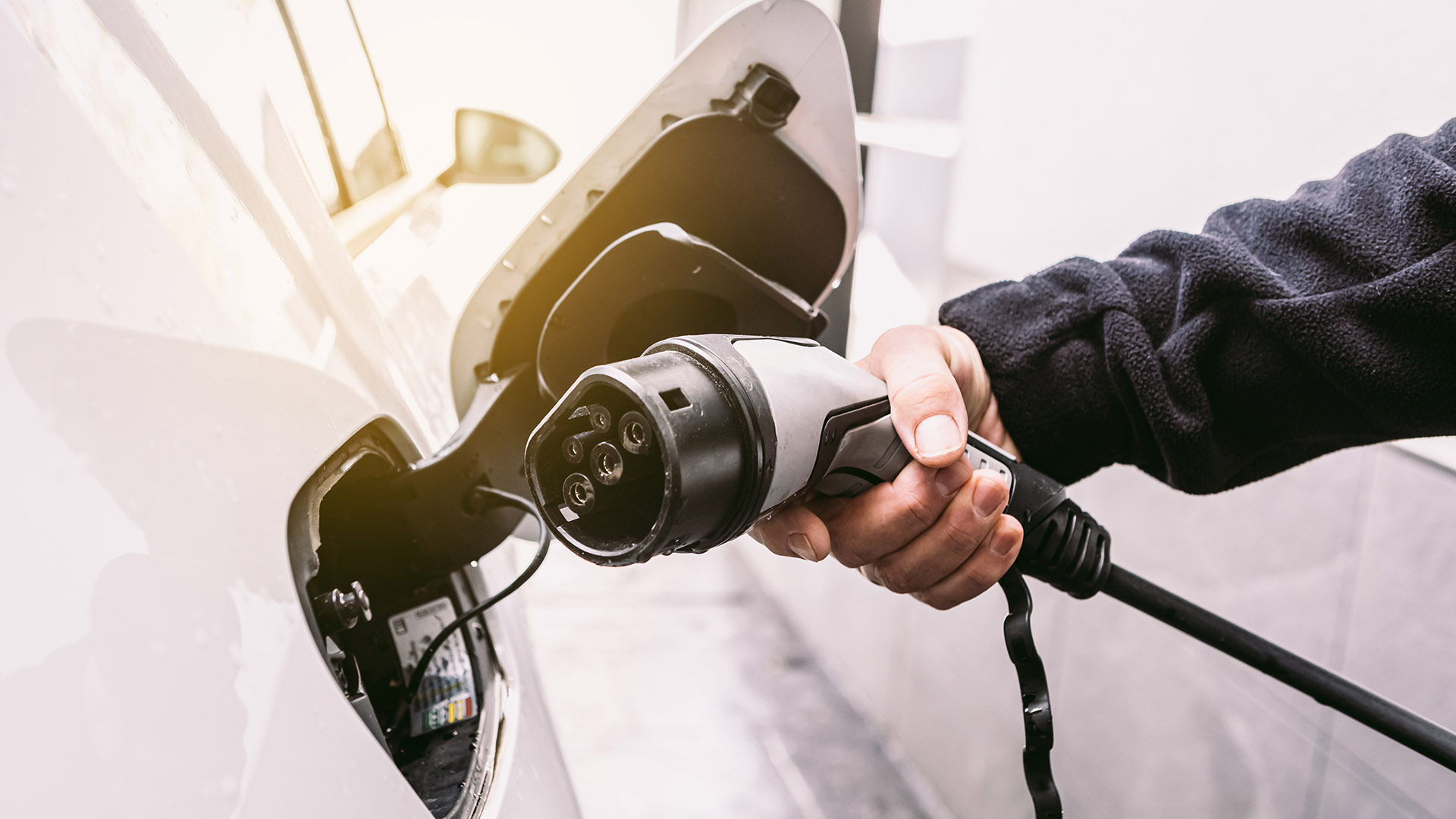

The United States and European Union will “immediately” begin negotiations aimed at bolstering EV adoption by saving Americans thousands of dollars on their next EV purchase through the reformed EV tax credit program.
More specifically, the discussions are slated to focus on EV battery components—namely the minerals used in the chemical makeup. The end goal is to include minerals extracted and processed in Europe to count toward the requirements in the revised clean vehicle tax credit portion of the Inflation Reduction Act.

“[W]e intend to immediately begin negotiations on a targeted critical minerals agreement for the purpose of enabling relevant critical minerals extracted or processed in the European Union to count toward requirements for clean vehicles in the Section 30D clean vehicle tax credit of the Inflation Reduction Act,” reads the joint statement issued by the White House late last week. “This kind of agreement would further our shared goals of boosting our mineral production and processing and expanding access to sources of critical minerals that are sustainable, trusted, and free of labor abuses.”
Now, the exact details of the EV tax credit are still unknown, however, the U.S. government has repeatedly said that it would unveil the requirements and benefits this month.
Based on earlier communication from officials, the new EV tax program’s $7,500 tax credit is contingent on several factors beyond the previous program’s cap on EVs sold. Unlike the old tax credit, which only benefited buyers by reducing the amount of owed tax at the end of the year, the new program is aimed at extending the option for dealerships to offer a $7,500 credit at the point of sale, meaning that buyers may not have to wait until tax time to get their deduction on new qualifying EVs—qualifying being the operative word.
In previously issued preliminary guidance, the U.S. noted that certain percentages of battery materials must be sourced either domestically or from a country that qualifies as a free-trade partner. Moreover, materials or production means sourced from certain countries “of concern” (such as China, Russia, or North Korea) would automatically disqualify a vehicle from receiving the tax credit. Money is also expected to play a factor, meaning that a filer’s annual income or the final price of a vehicle would affect the eligibility to receive the tax credit.
The negotiations, if successful, will allow for EVs and battery components produced in Europe to qualify for the same subsidies as EVs produced domestically.
The requirements in the Inflation Reduction Act have been fairly controversial to some automakers and their parent countries. Hyundai, for example, went to bat alongside the South Korean Ministry of Foreign Affairs, which suggested that the IRA might actually violate existing free trade agreements. A spokesperson for the European Commission also called the act “discriminatory” toward foreign manufacturers and suppliers. However, based on last week’s joint statement, it would appear that the U.S. is willing to work toward amicable, consumer-friendly solutions, so as long as certain requirements can be negotiated.
Got a tip or question for the author? Contact them directly: rob@thedrive.com